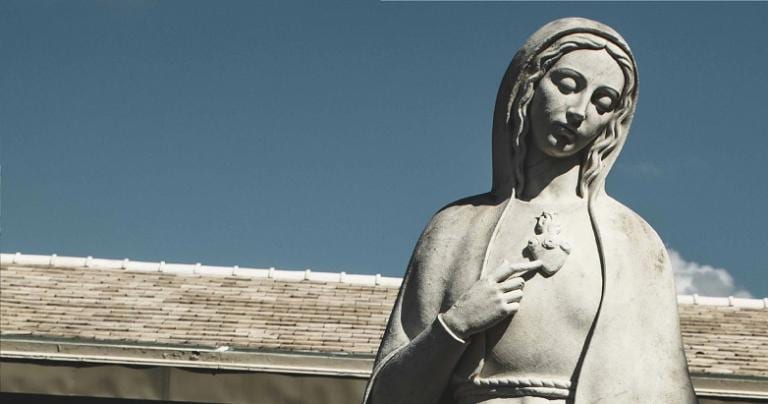
Did Mary know everything that is asked in the popular Christian song, “Mary Did You Know?“
Did you know that there is a popular Christian song, played often at Christmastime, asking questions about what exactly Mary knew (or didn’t know) concerning the newborn Jesus she was nursing? This song actually affords a rare opportunity for Catholics and other Christians to enter into serious theological reflection. It invites a faith-dive into Mariology, into Christology, Soteriology, Ecclesiology, and Theological Anthropology. If masticated, it would challenge the singers and audience to glimpse at how they think.
Despite these potential goods, something that irks me about “MARY DID YOU KNOW?” is that few sing it without having already made up their minds as to its questions. For most, it complacently remains on the sentimental, cheap grace level. I would hazard to guess that most of those who would answer its questions with “YES! SHE DOES KNOW!” are supremely confident that it is obvious (except perhaps to stupid or diabolically blind people), and the same is true with most of those who would answer “No. She did not.”
No dive into Mystery is needed for the silly, useless type of Christianity found in both these answers. And found everywhere in our desperate times.
So this post is based on that song, but as if Christians actually did take it seriously, with theological, critical reflection informed of the social sciences and history…
Did Mary know that her Baby Boy would one day walk on water?
Probably not. How and why would she know that? I suppose if you believed, like some who erroneously (some would say heretically) believe, that the illiterate peasant girl Mary enjoyed meta-seraphic intelligence and infused knowledge, being equipped with theological acumen centuries in advance of Nicaea (325) and Chalcedon (451), then she would easily know whatever she wanted to know. But that’s humbug and poppycock, friends. And we don’t officially teach that.
By the way, we all walk on water—when it rains. The Gospels do not tell us Jesus did this rather unremarkable feat. What they do tell us is that he walked on the Sea, not a what, but a who. The Sea was seen as personified in the world of the Bible—Jesus walked on a demon, a great other-than-human-person.
Do you know where humans can walk on the Sea? Only in alternate reality. Jesus and his followers who witnessed him walking on the Sea Demon did so via altered states of consciousness, by which I don’t mean hallucinations, or malfunctions of someone’s nervous system and brain, or anything pathological.
To understand this better look at this…
Did Mary know that her Baby Boy would save our sons and daughters?
Which Mary are we speaking about? Is it the historical Mary, a village peasant girl? Or is it the Mary of “Mark” who is an obstacle to Jesus and his Movement? Or is it the Mary of “Luke?”—that Mary does seem to have had some knowledge of Jesus’ saving work via the angel Gabriel. But if you mean the unnamed Johannine “Mother of Jesus,” she is mostly a symbol, together with the anonymous “Beloved Disciple,” of the Johannine Jesus group.
The key expression is “our sons and daughters.” This means Gentile offspring. Why would she know that? Let’s assume we take everything Mary says in the Gospel called “Luke” as verbatim with what the historical Mary actually declared. Let’s say all the spoken lines in Luke 1—2 were perfect transcripts of what actually was said between its characters, all historical persons, all a perfectly historical record. All of that concerns Israelites, except that little bit from Simeon, in Luke 2:32, about a “light of revelation to the Gentiles.”
But when considering Luke 2:32, we would have to say that in its literal sense it doesn’t mean salvation for Gentiles or anything universalist. Recognition among Gentiles of Jesus as Israelite Messiah is honoring Jesus deservedly, not suddenly being transformed into Israelites! What would non-Israelites need in an Israelite Messiah?
Of course, spiritually sitting on a treasury of two millennia of theological freight, we 21st century Christians can say that Jesus did save “our sons and daughters,” not only those of Israelites. God surprises! But let’s not spoil these surprises by anachronism. First century Mary was not a universalist, nor could she be. Neither was the prepaschal Jesus, by the way (see Matthew 10:5; 18:17; Mark 7:26-27).
Did Mary know that her Baby Boy had come to make her new?
As indicated above, the Lukan Mary knew things about Jesus renewing Israel via the angel Gabriel. But did any Mary, whether portrayed in Gospel or the historical person, have the soteriological understanding developed and arrived at centuries later by the Church? Almost certainly not.
Whatever the case, should Catholics wince at that line (Jesus came to make her new)? No. Catholics should not hesitate to claim that Mary was indeed saved, albeit from the first moment of her existence. Our dogma of the Immaculate Conception does not exempt Mary from the universal saving work of God in her son.
Nor was Mary, or anyone else, saved outside of a free yes, even if this was from the first moment of her existence. Also, Mary, when she gave birth, was not in a perfect eschatological state, i.e., beyond space, time, matter, and energy, like she is now sharing in her Son’s glorified state.
Did Mary know this Child that she delivered would deliver her?
The historical Mary or the theological portrait of her by “Luke”? If the Lukan Mary, see the Magnificat, Luke 1:46-55. Understand this song reflects Stage Three of Gospel Formation. See Dei Verbum 19, CCC 126).
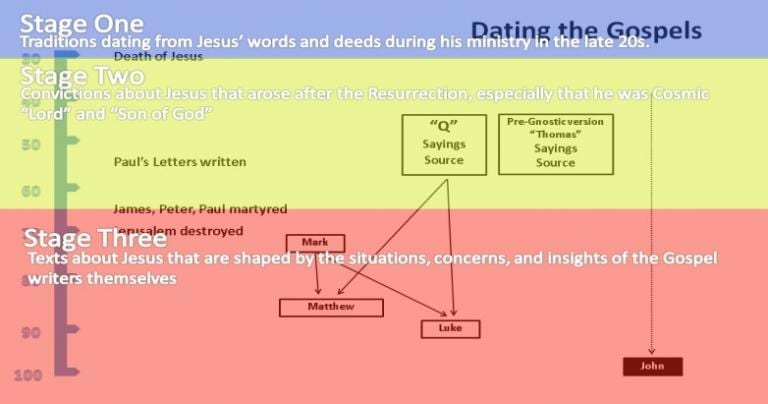
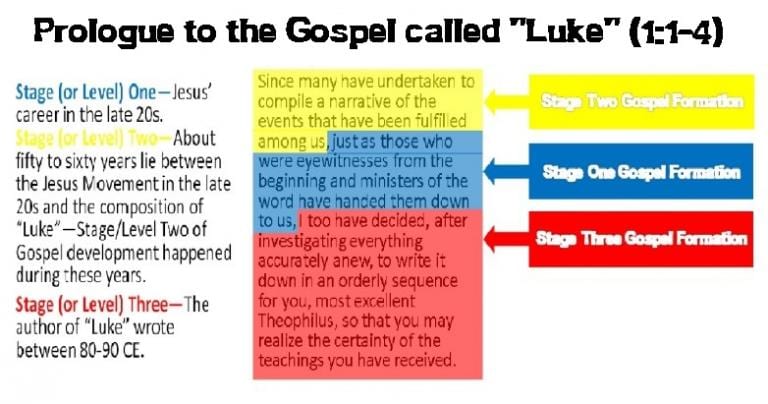
Did Mary know that her Baby Boy would give sight to the blind men?
Again which Mary are we talking about? If we are talking about the Lukan Mary, perhaps. It is fair to say that this Mary, from a document written decades after the Jesus Movement (“Luke”), would not be closed off to the possibility of him being a saddiq, that is, an Israelite shaman or holy man.
But if we are talking about the Mary of history, her cultural conditioning would have brought with it the cultural expectations for him to take up Joseph’s profession as an artisan, not a shamanic folk healer or prophet. This is reflected in the first Gospel, “Mark,” in how she and Jesus’ biological family treat him when he shamefully behaves outside his social status. They come to collect him because “he has lost his mind.”
Did Mary know that her Baby Boy would calm the storm with his hand?
Depends on the Mary we are speaking about. If it is the Mary conceived of by certain fanatics hyper-devotionalists, why not? The real question would be to ask, “Was there anything Mary didn’t know?”
The Markan Mary? No. The Matthean Mary? Doubtful. The Lukan Mary? Possibly, although that activity wasn’t spelled out to her within the text. The Johannine “Mother of the Lord”? Where is that story in “John”? That the Mother of Jesus in John 2:1-12 expects her son to provide wine does not mean she knows exactly how he would do it (via a wondrous “work”), and even if she did, how would that demand that she would know he was capable of calming storms?
First century Mediterranean peasants were keenly aware that they were in control of practically nothing. They were at the mercy of the personified elements. Shockingly, Jesus somehow has divinely-authorized power over the personified storm in the Synoptic Gospels, but where is Mary in those narratives? In the case of the historical Mary, can we fault her for VERY LIKELY NOT expecting her peasant son to not have such authority?
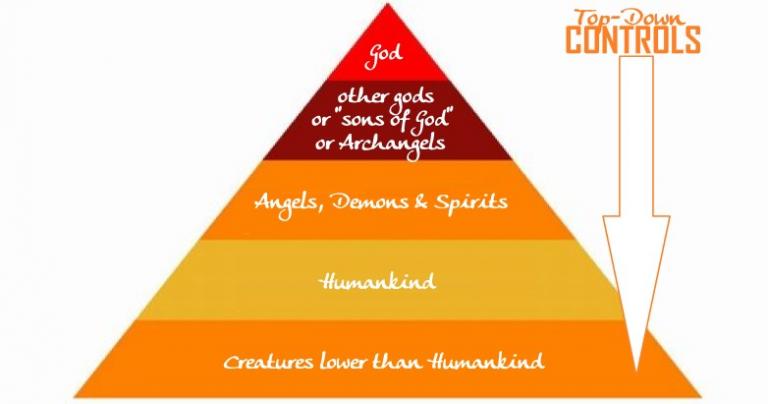
Did Mary know that her Baby Boy had walked where angels trod?
All twenty-seven New Testament documents were written long before the Council of Nicaea in 325 CE. The Synoptic Gospels profess no knowledge of Jesus’ preexistence, whether eternal or sky-born at some primordial time (e.g., Revelation 12:1-5). How would she or anyone know his sky vault origins and his relationship with constellations (i.e., angels)? That wouldn’t be speculated on until long after first witnessing the Risen One.
Even in “John,” we have no indication that the unnamed Mother of Jesus would know of her Son as the Sky Vault Man (i.e., Son of Man).
Solidly Catholic scholars like Francis Moloney explain that “a world exists between [the Johannine] Jesus and God, and the mother of Jesus is outside that world” in the gentle rebuke of John 2:4.
Did Mary know that when she kissed her little Baby, she kissed the face of God?
Even as a henotheist barbarian Israelite, Mary would not have speculated about the Incarnation, no matter her personal experiences, no matter the uniqueness of her son’s conception.
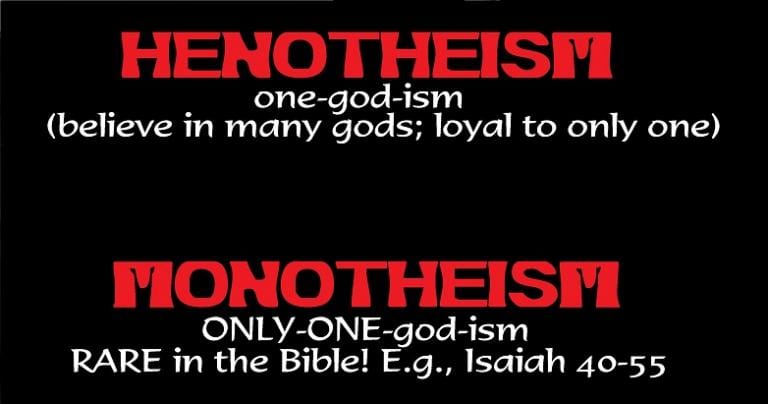
One can accept the virginal conception without jumping to the conclusion that the one being conceived and birthed is God. Proof? Look at Islam and how it interprets Mary, Jesus, and God. Being conceived without a human father does not automatically lead people to believe the child is a divine person.
It is official Catholic teaching that Jesus is God, the Second Person of the Most Holy Trinity. However, that teaching took a long time to develop. It is spelled out nowhere explicitly in the New Testament. The clumsy English rendering “… and the Word was God” of John 1:1 should be something like, “…and what the Word was, God also was.” The author of the Fourth Gospel went to considerable lengths not to have his audience confuse Word and God. John 1:1-18 describes an intensely interpersonal relationship between Word and God, Son and Father, Broker and Patron. It was not written to be a treatise on the exact metaphysics between Jesus and God, as it was pressed into being at Nicaea I.
Did Mary know that those healed by Jesus would speak the praises of The Lamb?
We will get to that momentarily. Again, why would the historical Mary have expected her son to one day be a healer?
Did Mary know that her Baby Boy is Lord of all creation?
Neither Mary nor any other human person would know Jesus’ cosmic role until after the resurrection. The Jesus Movement and earliest Jesus groups held Jesus was made Cosmic Lord following the Resurrection, not before. Only with time did the idea of Jesus’ eternal preexistence and divinity being accepted change the understanding of his cosmic lordship—he was always the Cosmic Lord.
Why would Mary, any Mary, have Pauline Christology? Or Johannine Christology? Or the beliefs of the later proto-orthodox Jesus groups? I am not saying these beliefs and doctrines are false or made up, just that they are not obvious, ready-made, and easily available to any first century personality, especially Judean.
Did Mary know that her Baby Boy would one day rule the nations?
Well, this goes with the last question. As far as the historical Mary goes, she’s not a supercreature. How would she know that?
Did Mary know that her Baby Boy is heaven’s perfect Lamb?
Why would the historical Mary identify her son with Aries, the Passover or “Son of Man” constellation? In the first century Mediterranean sky lore as appropriated and interpreted by Israel, “the Lamb of God” is honorable Aries, standing alive but with a broken neck, its head twisted back toward Taurus.
Some New Testament Jesus groups considered Jesus to be this greatest angel/constellation (John 1:29; 36; Revelation 5:1-14; 21:14). Some did not (Hebrews 1:2-14). Centuries later, things had changed greatly.
Any idea associating Jesus with the Cosmic Ram of God happened after the Resurrection. Saying of John the Baptist about Jesus, or any New Testament sayings, should not be treated as phonographic records.
Did Mary know that the sleeping Child she held is the Great I AM?
Here is a practical reason why the Matthean Mary, the Lukan Mary, and the Mary of history wouldn’t dream to think such a thing. In her day, the God of Israel was believed to be in control over everything, sitting enthroned atop the highest Sky Vault. But Jesus was in her arms, on earth below. Therefore to ask Mary, “Do you know the child you are holding is Yahweh God?” wouldn’t make any sense to her.
Did Mary Know?
There is a difference between history and hagiography, especially when the latter is in the hands of fundamentalists. None of what is written above changes Church teaching about Mary. Indeed, we Catholics do believe that Mary is the Mother of God. But that doesn’t make her into a Medieval theologian. Accepting her limitations as a creature from a particular time and culture does not detract from her or her yes in life. In fact, it honors her and God.












